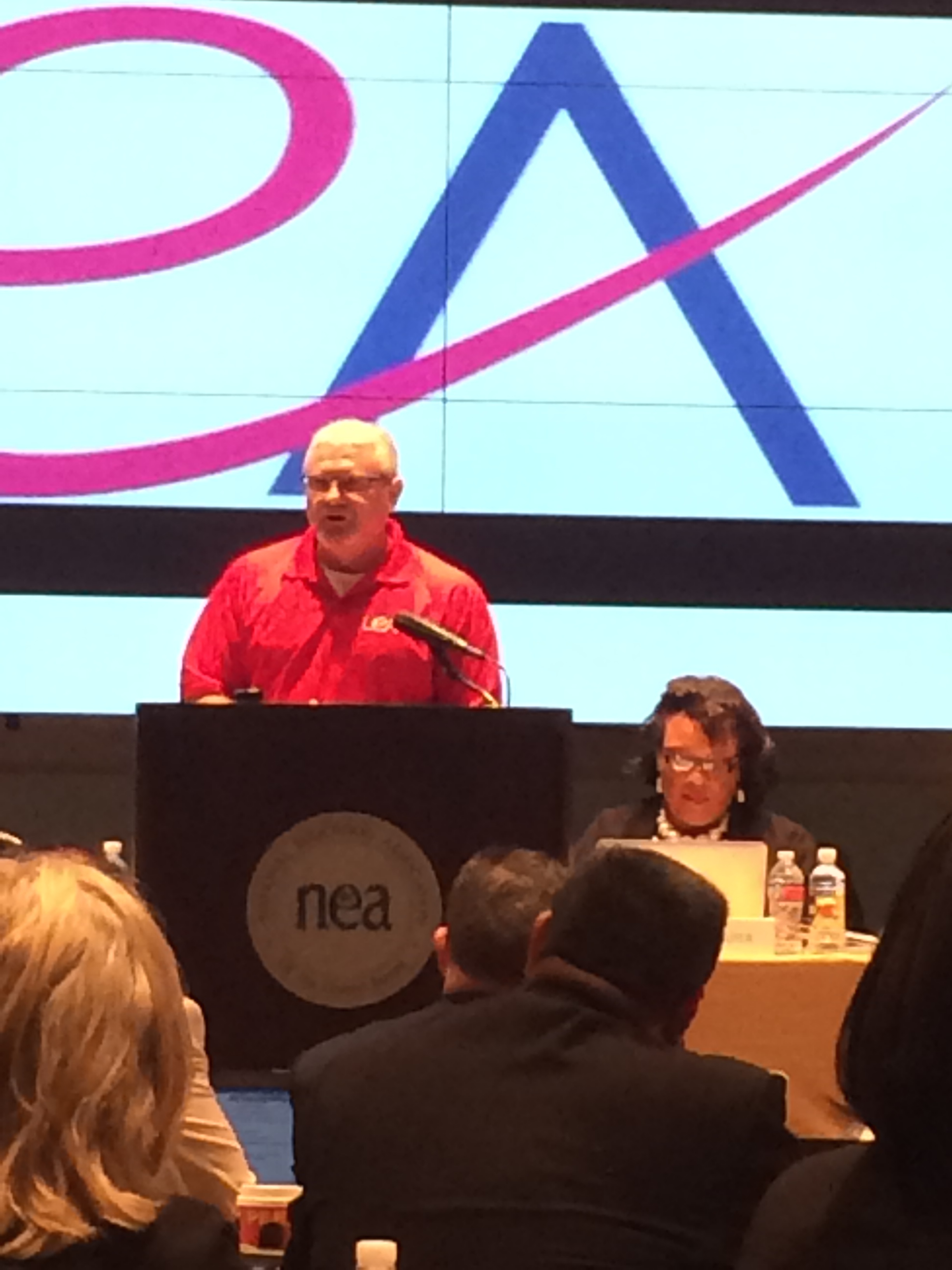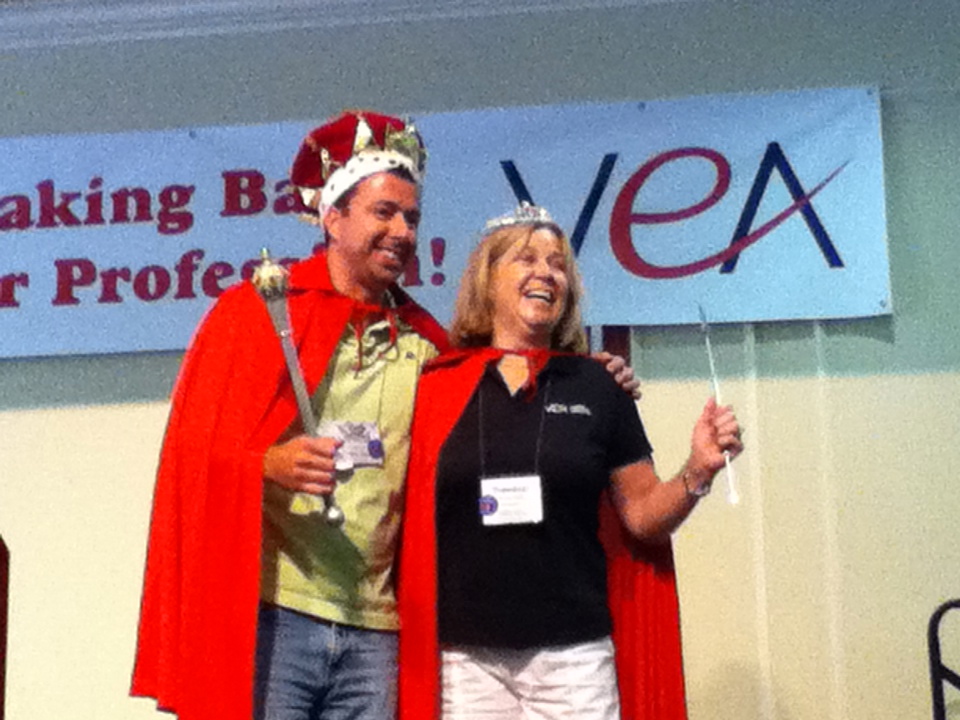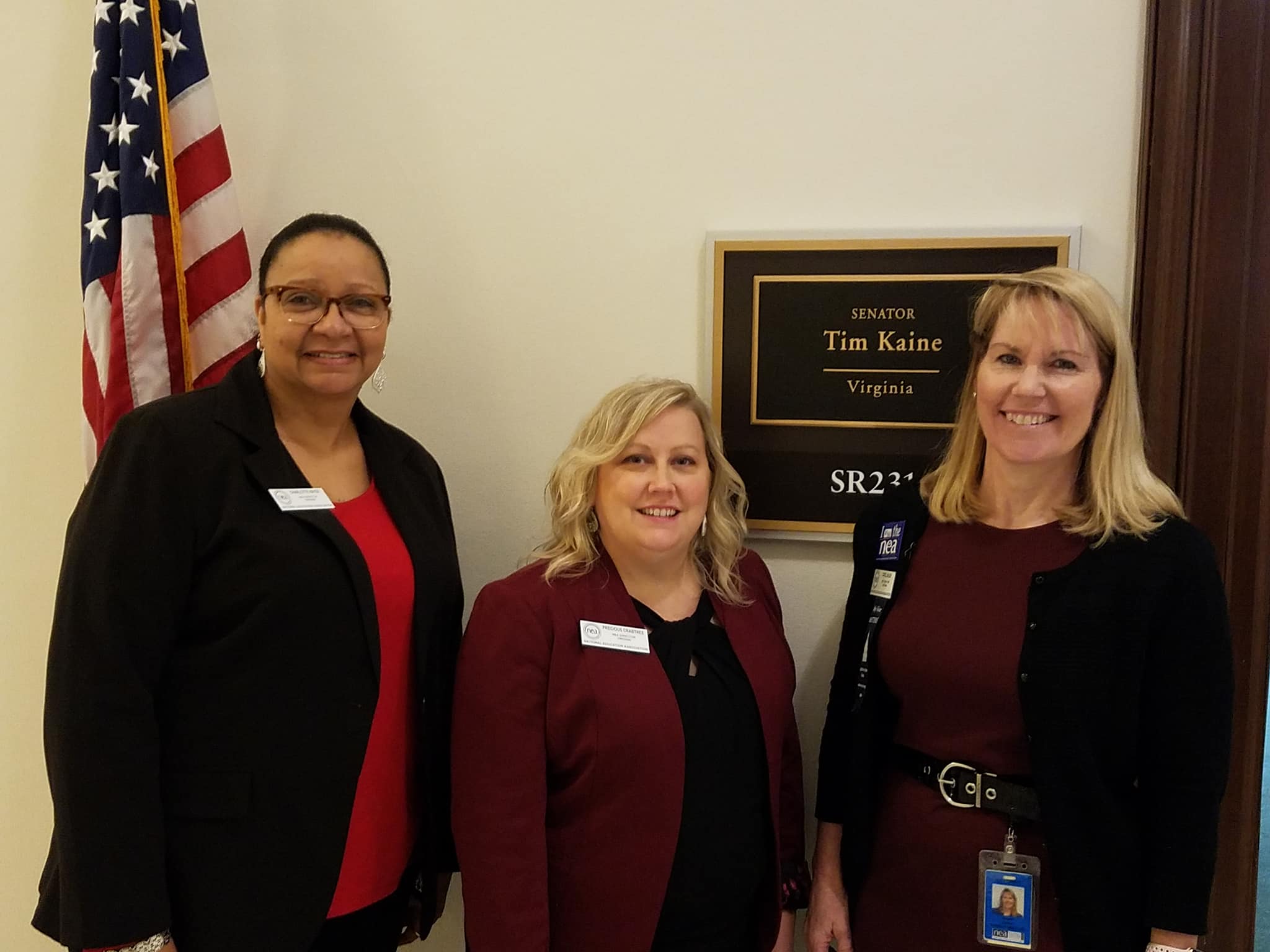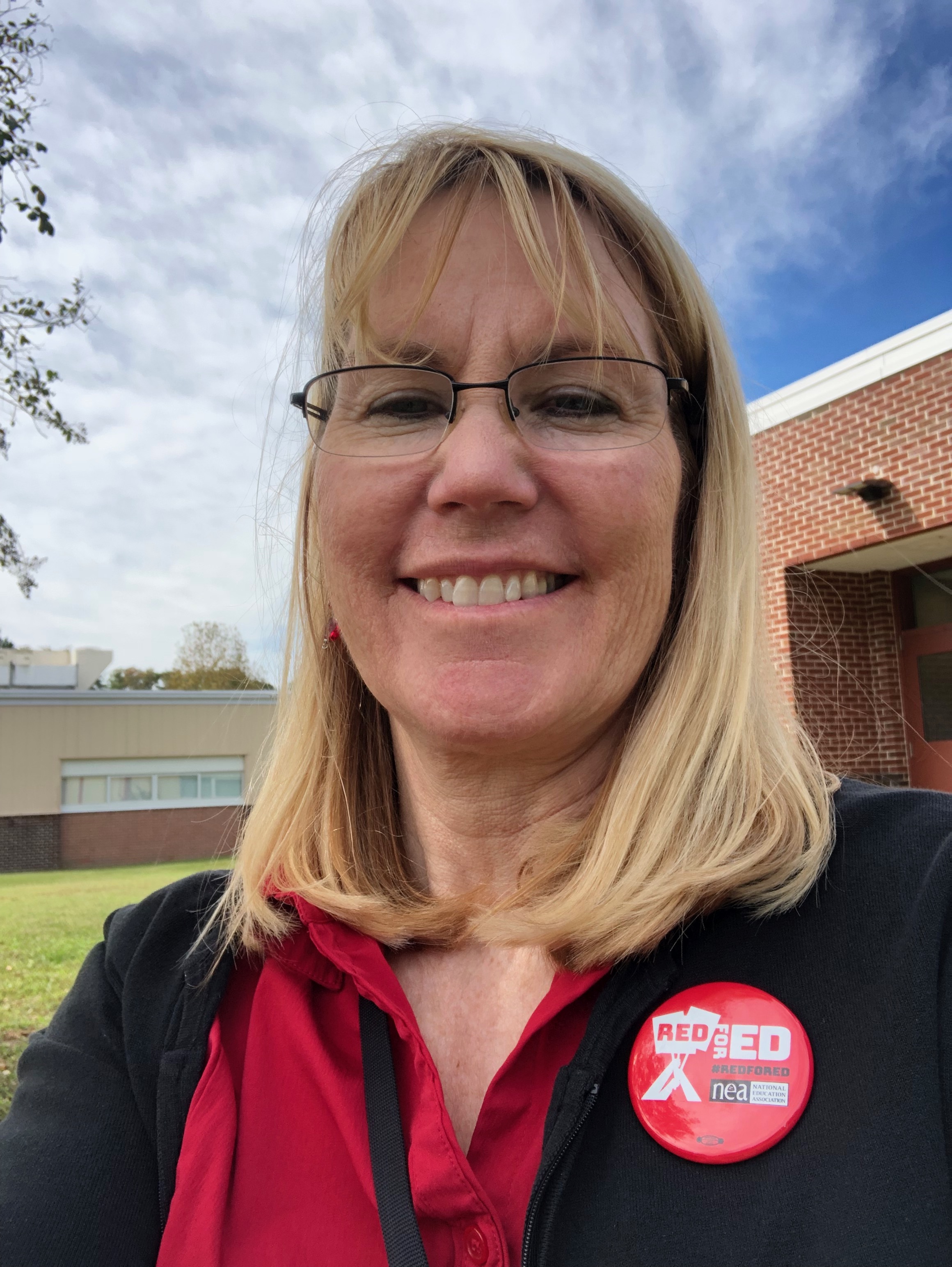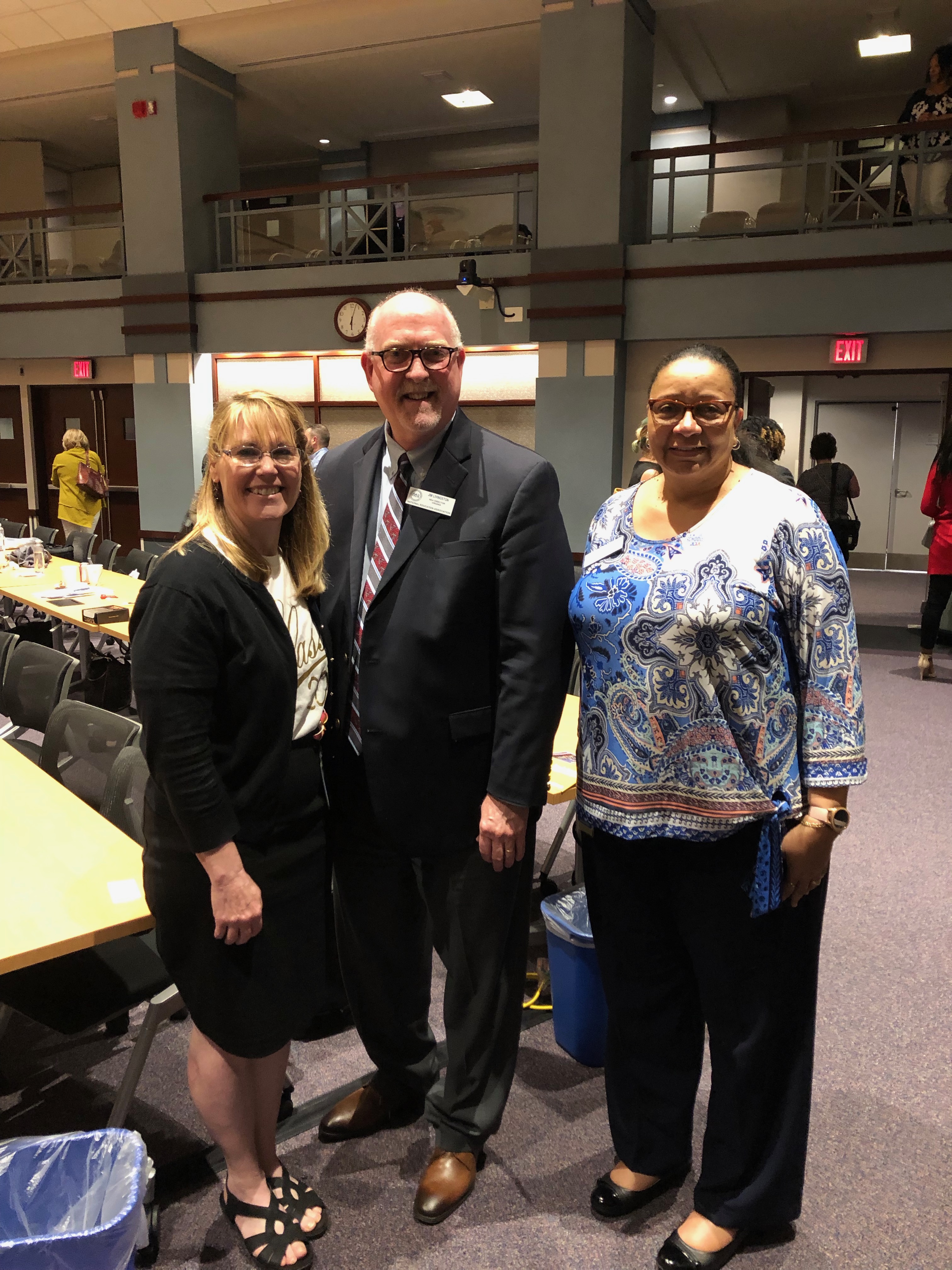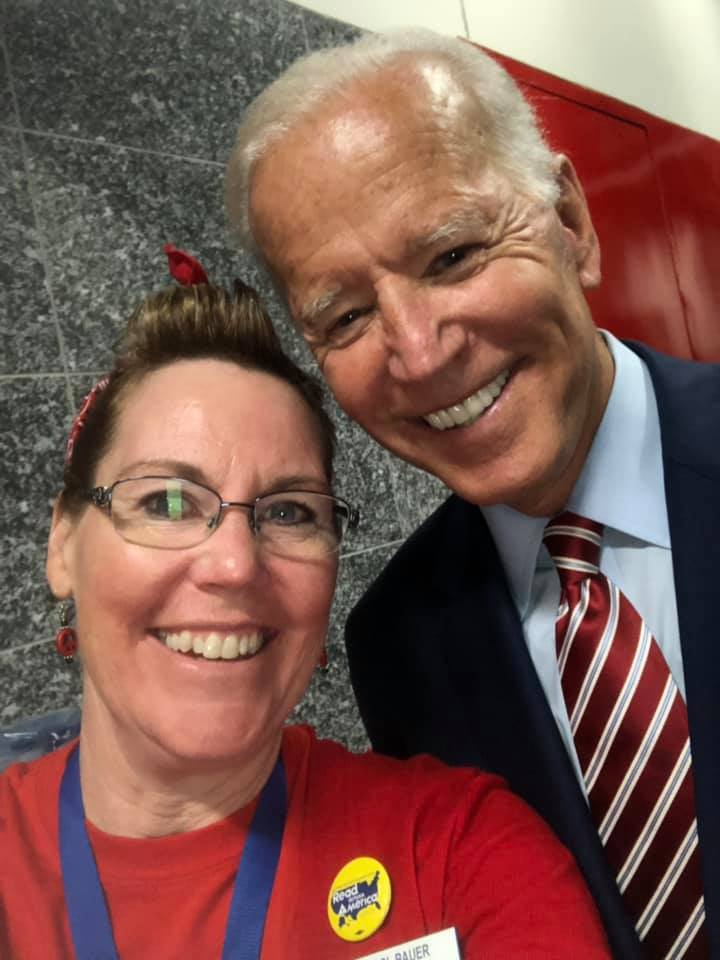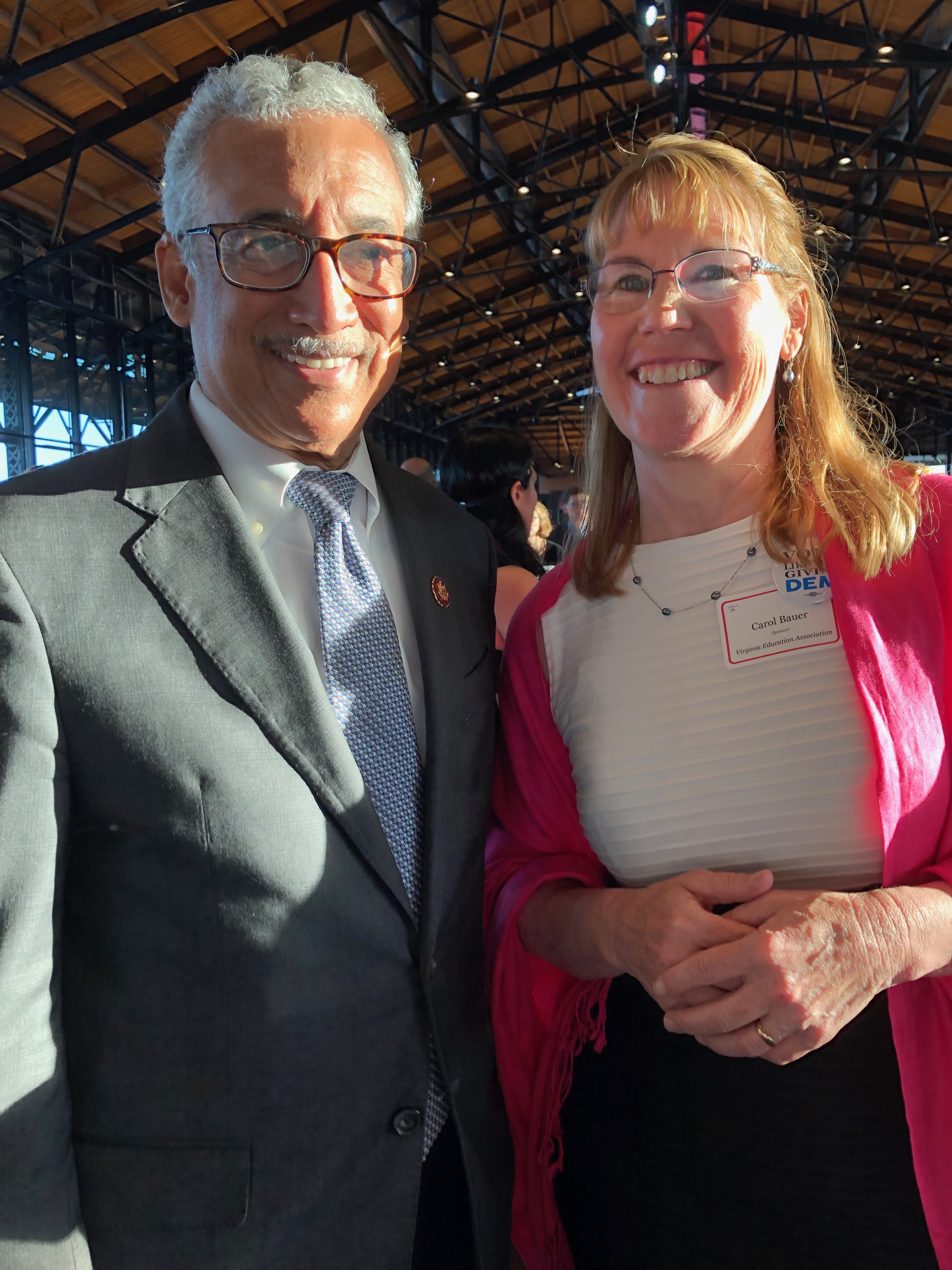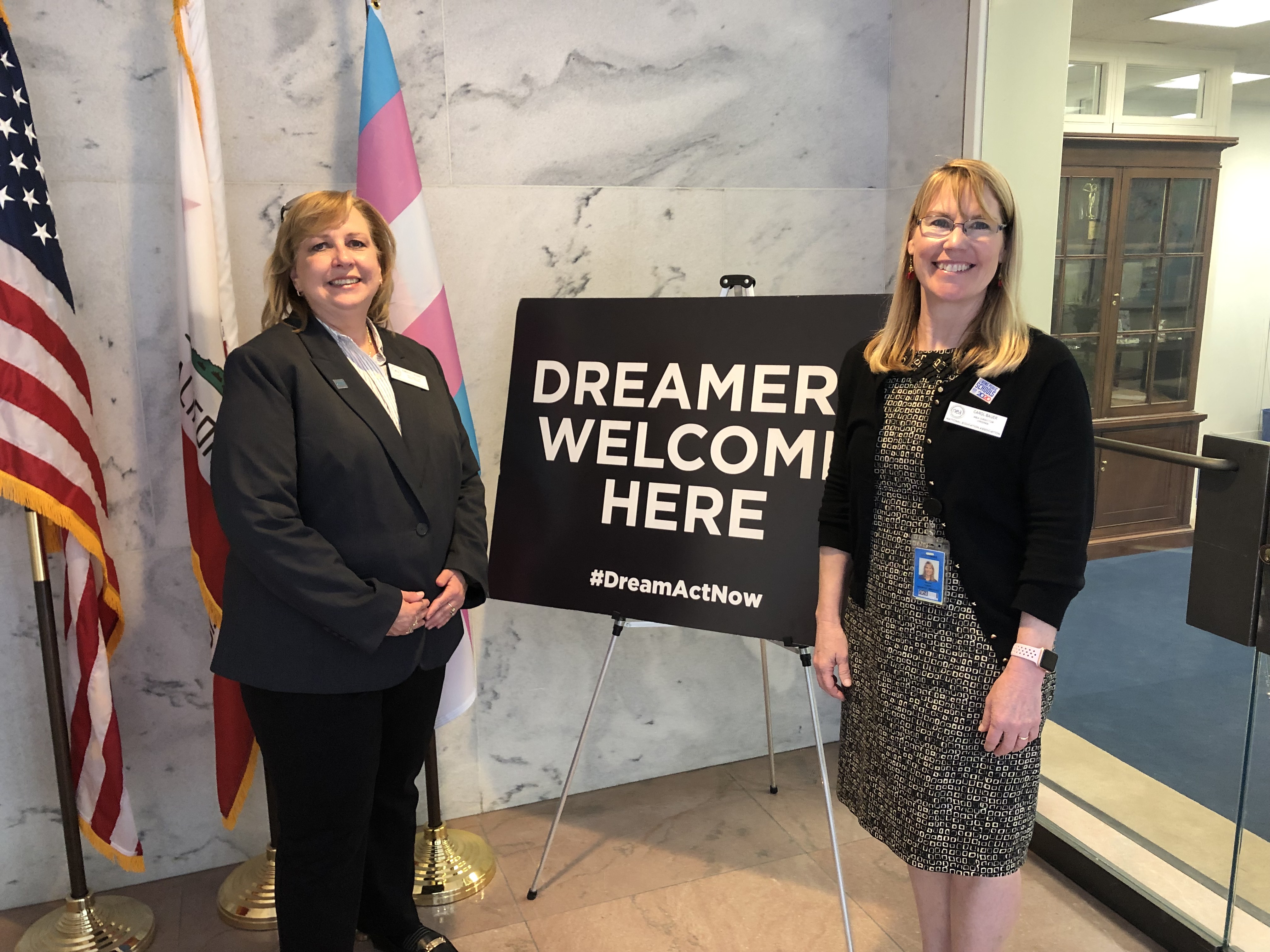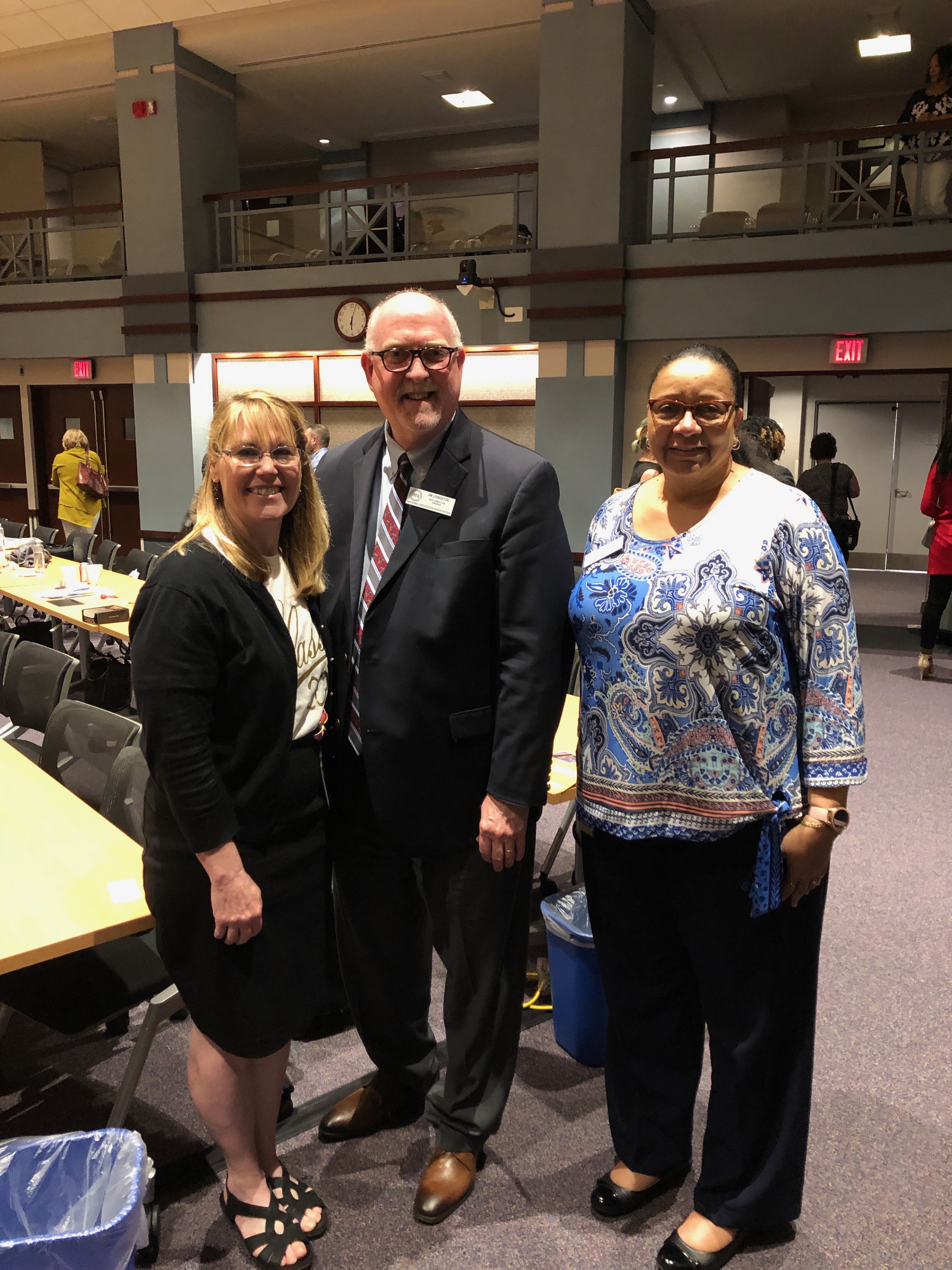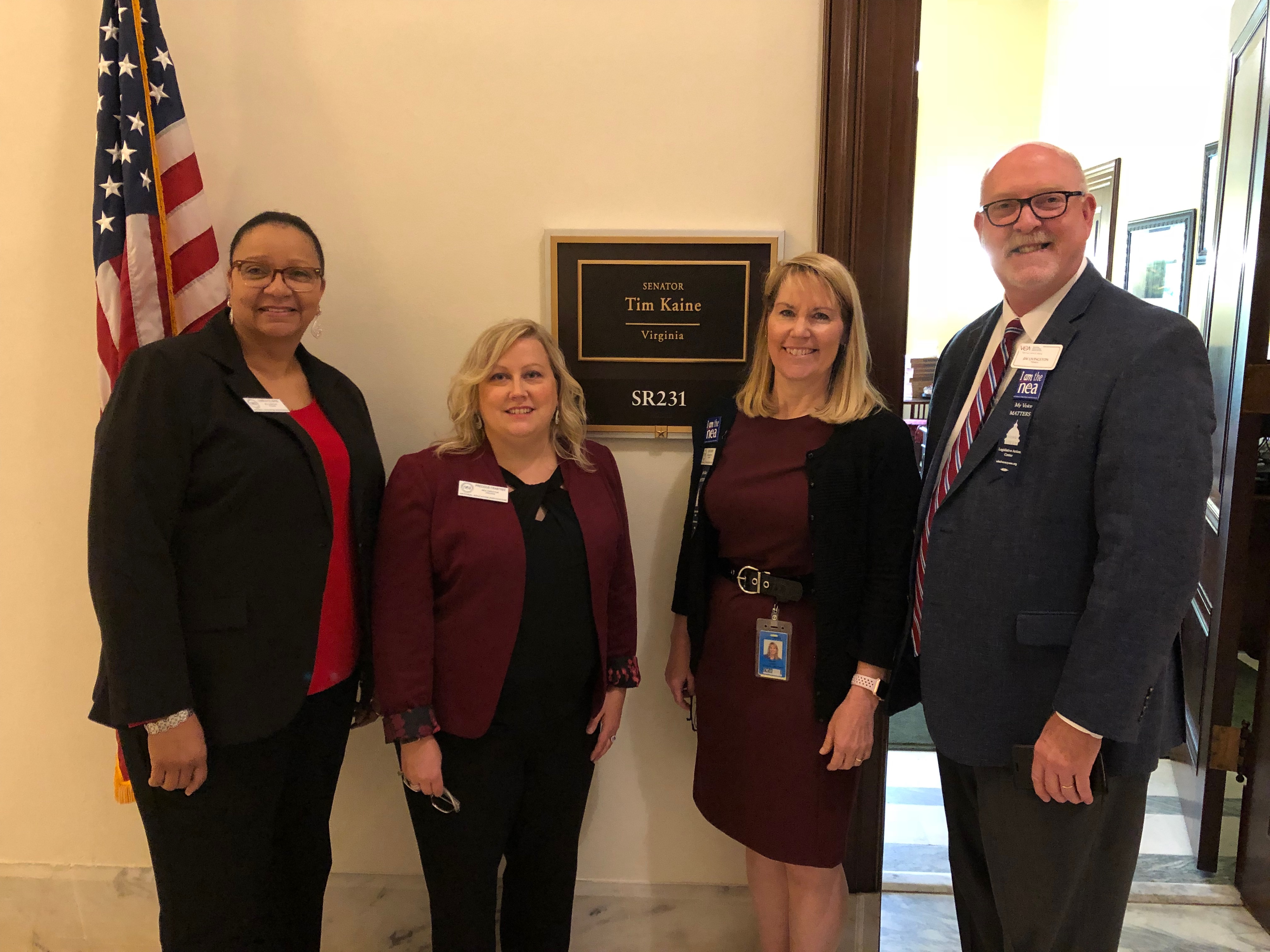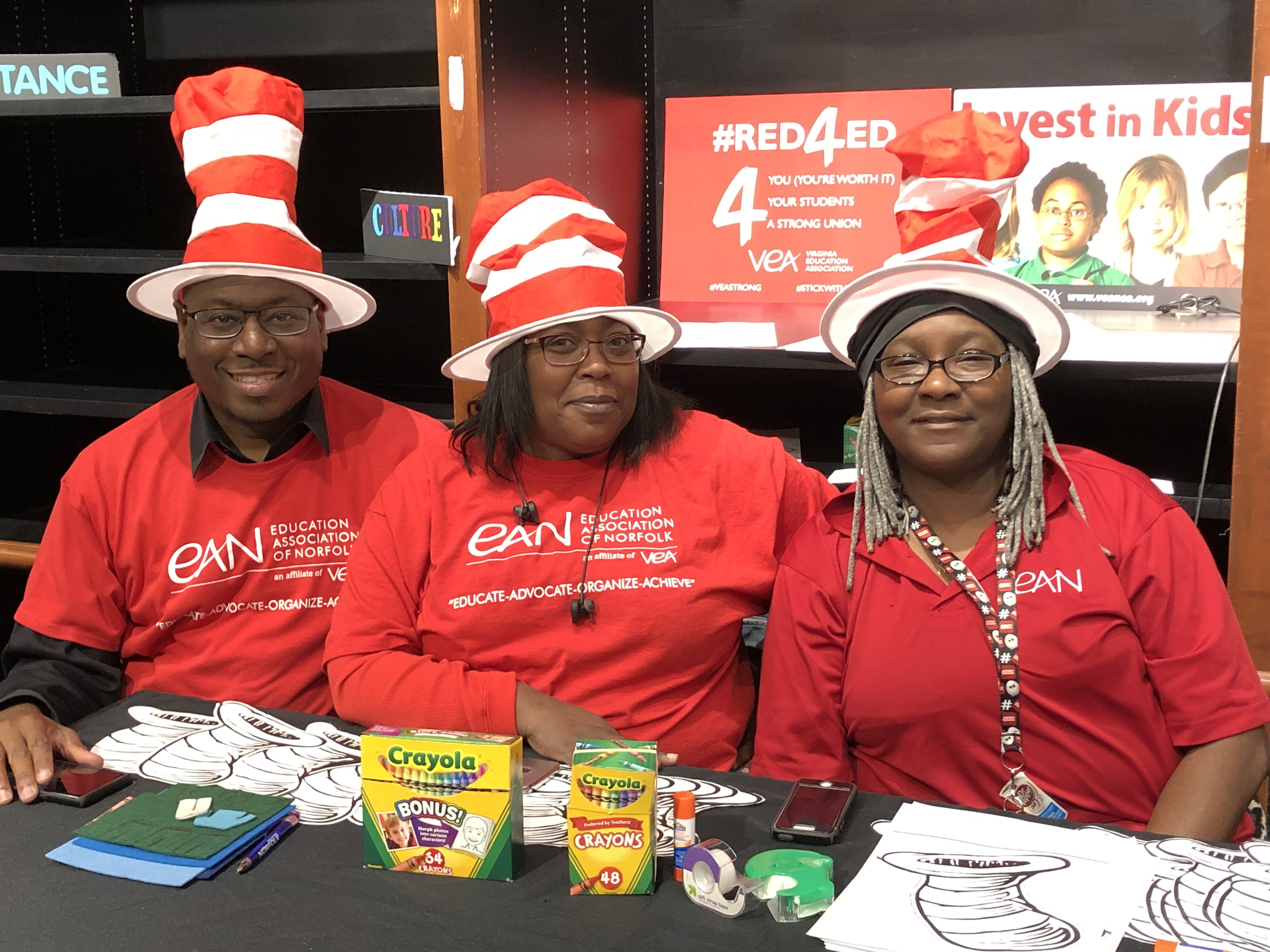Juneau is a long ways from Washington D.C., but that doesn’t mean that what happens in the nation’s capital isn’t important—even when it comes to sports.
Jacqueline Pata is offended by the name of the Washington football team and the misuse of the Native American culture in many other sports mascots.
“It’s about respect,” said Pata, as she addressed the NEA board of director on Sept. 20. Pata, who grew up in Juneau, moved to D.C. almost 20 years ago to work in the Clinton Administration. She is proud of her Tlingit heritage, and she is still a board member for the Seaalaska Corp.
Pata worked directly with Mario Cuomo, the Secretary of Housing and Urban Development. At the beginning of their work together, Cuomo asked Pata to plan a trip for him to South Dakota’s Pine Ridge reservation. She refused, saying, “I’m tired of letting politicians go to the worst places and doing nothing.”
Pata convinced him that if he was to visit Pine Ridge, he needed to make sure it wasn’t just for show. “Eventually we got to Pine Ridge, but it involved bringing the president, and it had a number of deliverables,” she said.
Pata was inspired by the visit and the way the different tribes in the area came together. There was a pow wow and many traditional celebrations.
However, after returning from Pine Ridge, Pata said she attended a Fourth Of July parade in Fairfax, Virginia, and in that parade, the Washington football team and their marching band went by wearing Native American headdresses.
“I had just seen what true honor was, and my heart broke,” she said. “I cried, turned my back and went home. This was not Independence Day for me.”
The fight to change the name of the Washington football team has been going for more than 40 years, but Pata and others have no intentions of stopping.
There are over 5 million Native Americans in the country, and the use of offensive mascot names serves to increase racial tension, she said. Oddly enough the state with the most Native American mascot names is Ohio, which only has a Native population of 0.3 percent.
The lack of respect in schools holds Native American children back, Pata said. “When we don’t get (respect) in schools, then we don’t get it when we move forward in other areas.”
She noted that a high school in Pennsylvania with the same name as the Washington football team has made news just this week when the editors of the school newspaper and the paper’s advisor were suspended for refusing to use the name of the schools mascot.
Pata contrasted some of the worst problems caused by mascots with the positive things going on in her former home town. “In Juneau, you can take Tlingit in high school,” she said. School curriculums should educate everyone about the history of Native Americans.
Changing society starts in schools. Pata told a story about her own son who had struggled in school. Years ago, her son was chosen by Tlingit leaders to lead a cultural conference. Some teachers happened to attend, and noticed that the boy had leadership abilities that they hadn’t seen in school.
According to Pata, “The teachers said, ‘We didn’t know. We didn’t know what was within that little boy. Now we see him as the leader that he is.”
“Know our children, and by knowing them you will know us. And by respecting them you will respect us,” Pata said.


